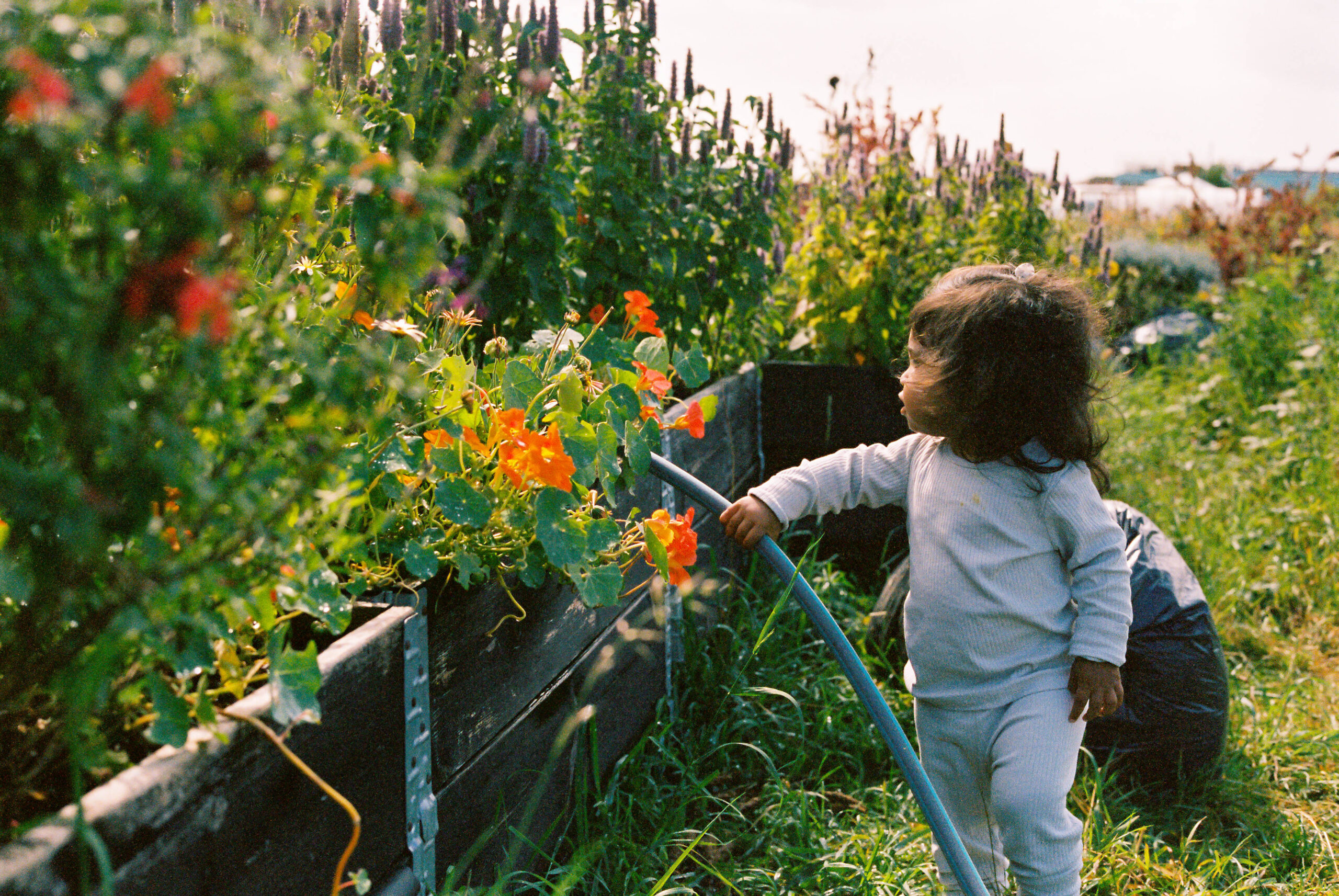I didn’t know much about Copenhagen before my family and I decided to visit this summer. The only things I had ever heard of were either about Noma, or a TV show called The Bear. Yet we came back home to Atlanta feeling that we had just had one of the most special experiences of our lives.
When people asked what we loved so much about Copenhagen, it was honestly hard to point out anything specific. Everything we did and experienced, whether it was strolling through The King’s Garden, floating down Nyhavn Harbour, or scouring neighborhoods for yet another bakery, felt almost ordinary. So what made this so different?
Funnily enough, that episode of The Bear chronicled a character named Marcus’ slow and intentional journey to become a better chef. He did normal things like taking long walks, sampling food, and picking flowers. Yet he emerged a different character on the show from then on.
I think we experienced some of that same beautiful slow travel that Copenhagen is famous for. Just like Marcus was searching to be a better chef, I think deep down, we were searching for a better way to travel.
What would normally be a long checklist and hours of research turned into a day spent chasing our toddler around the grounds of the Louisiana Museum or jumping into a volleyball game with locals at Bellevue Beach.
Everything was beautiful and profound in such an understated way, just like the city itself. Ultimately Copenhagen taught us that we can travel slowly and intentionally, and still make lifelong memories.
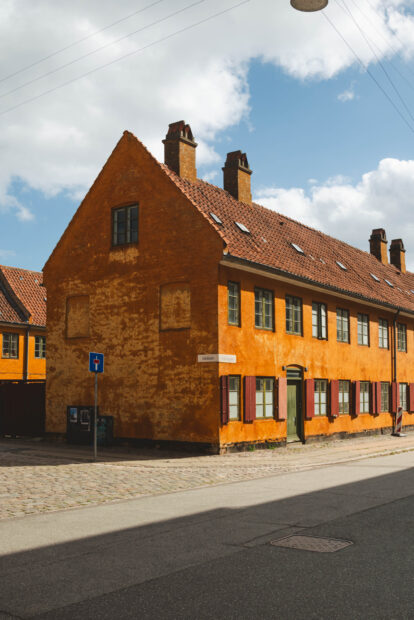
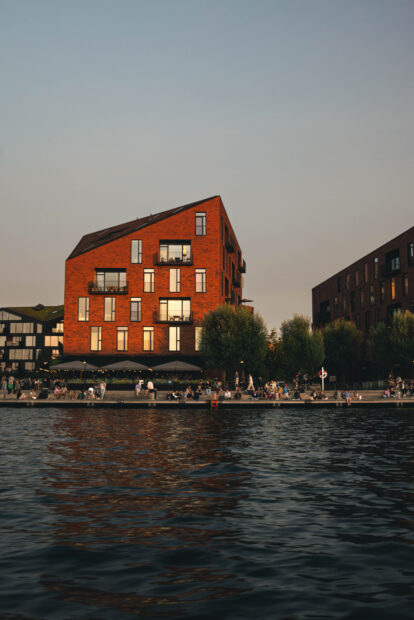
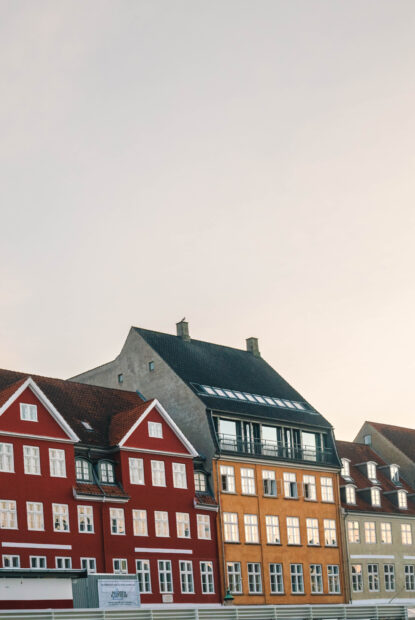
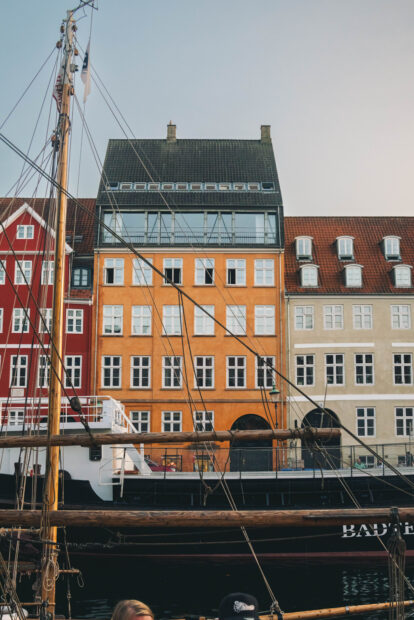 Photo: Gavin Guidry
Photo: Gavin Guidry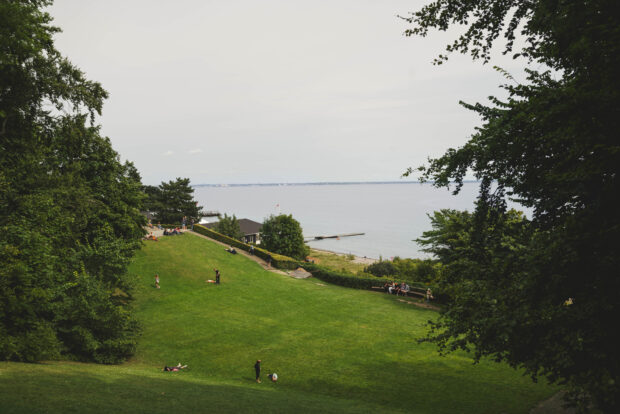
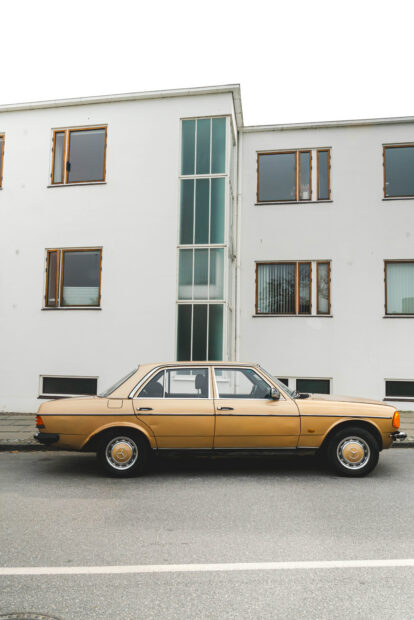
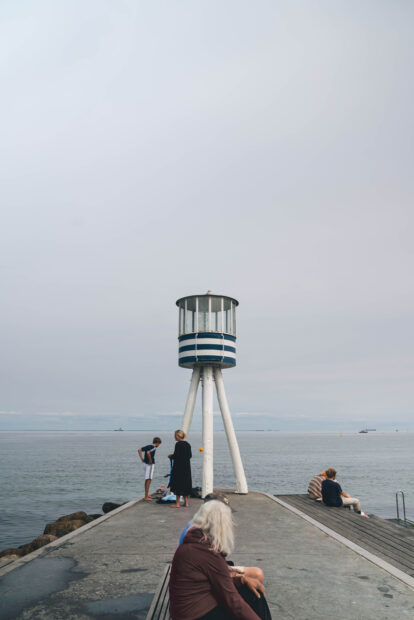
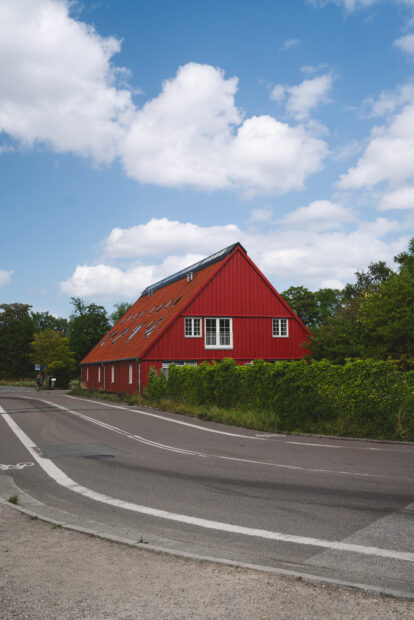

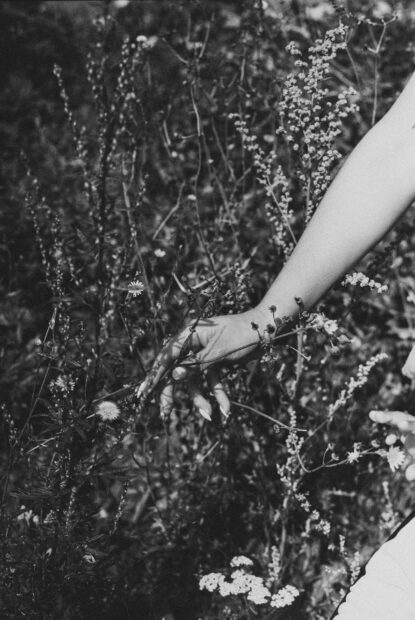
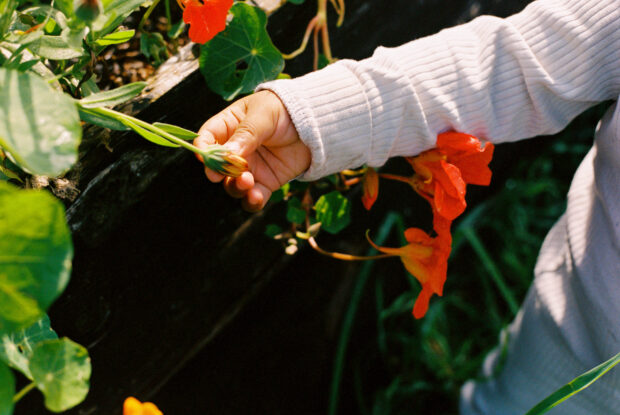
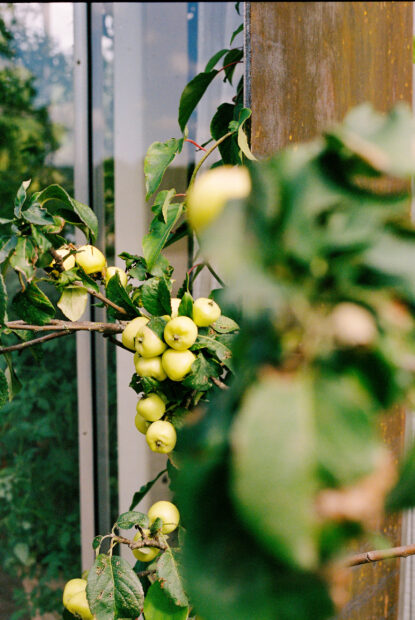

Gavin Guidry is a content creator and creative director based in Atlanta, GA.
gavin-guidry.com
@createdxgavin

